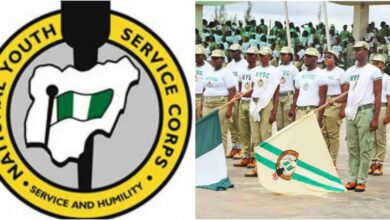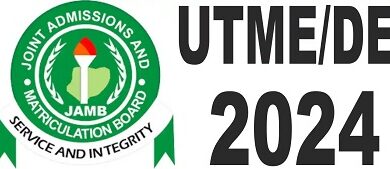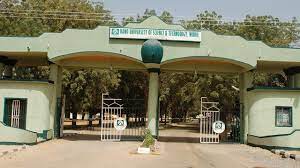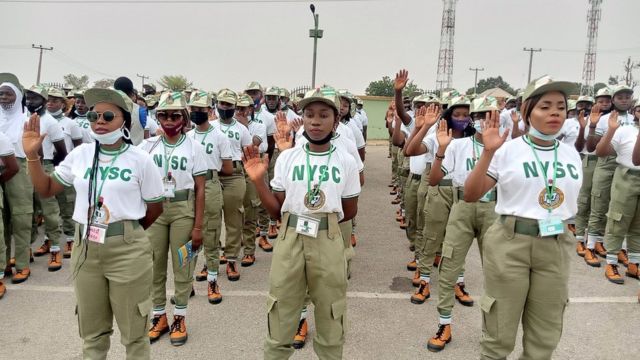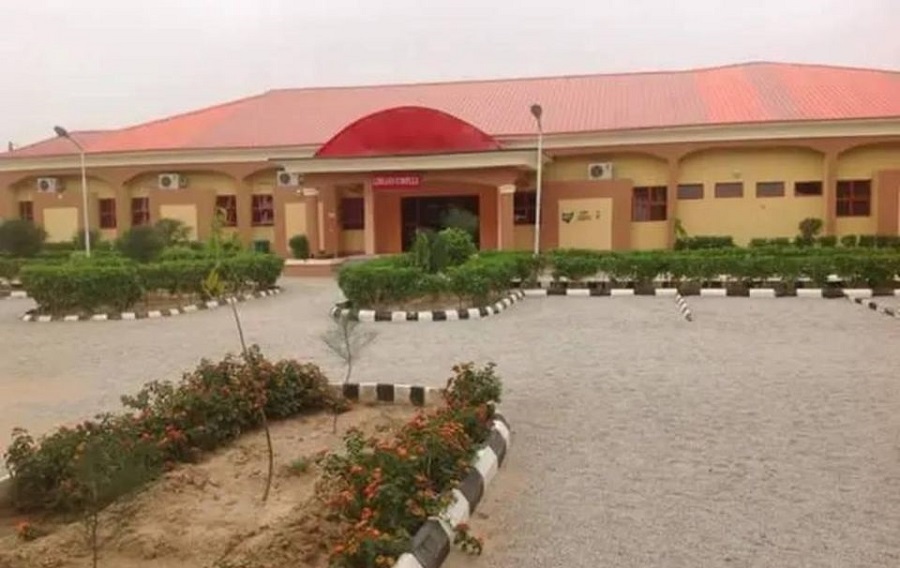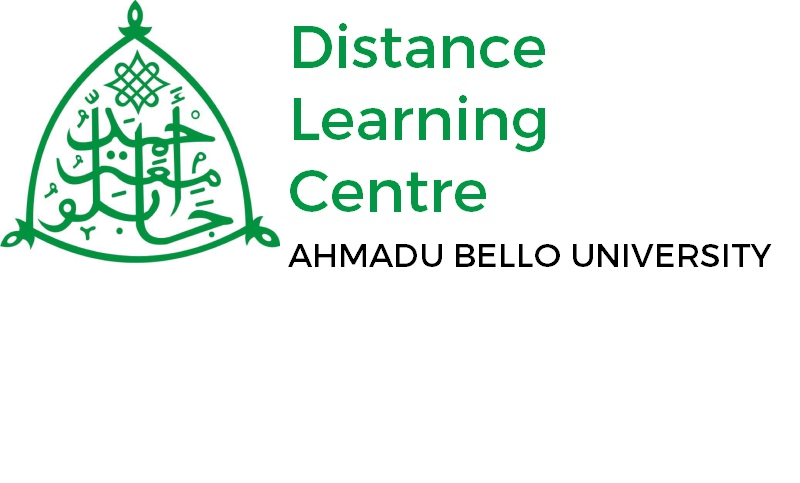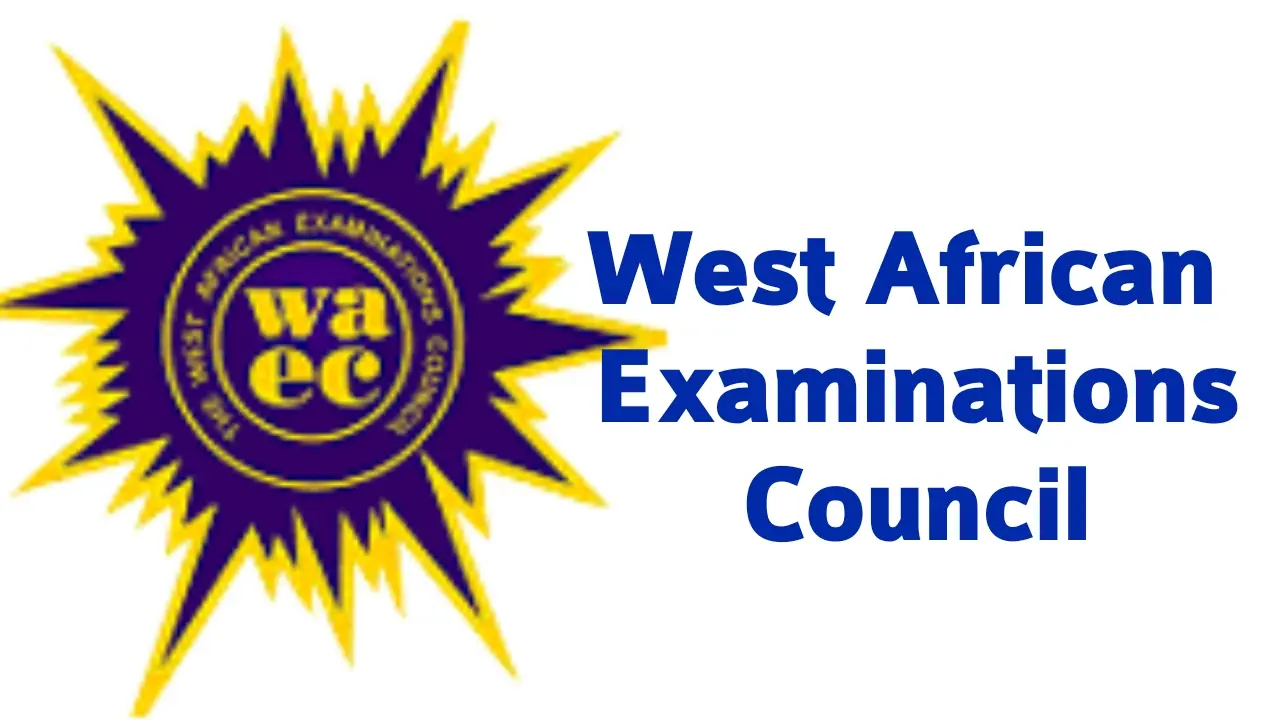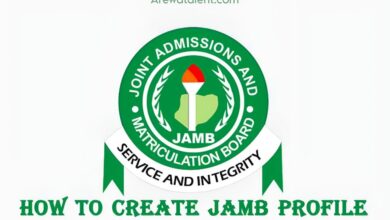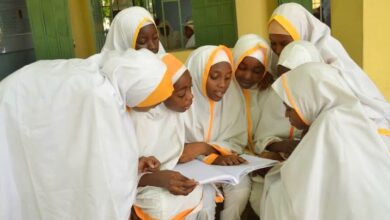Waec Government Questions and Answers 2023: Objectives / Essay
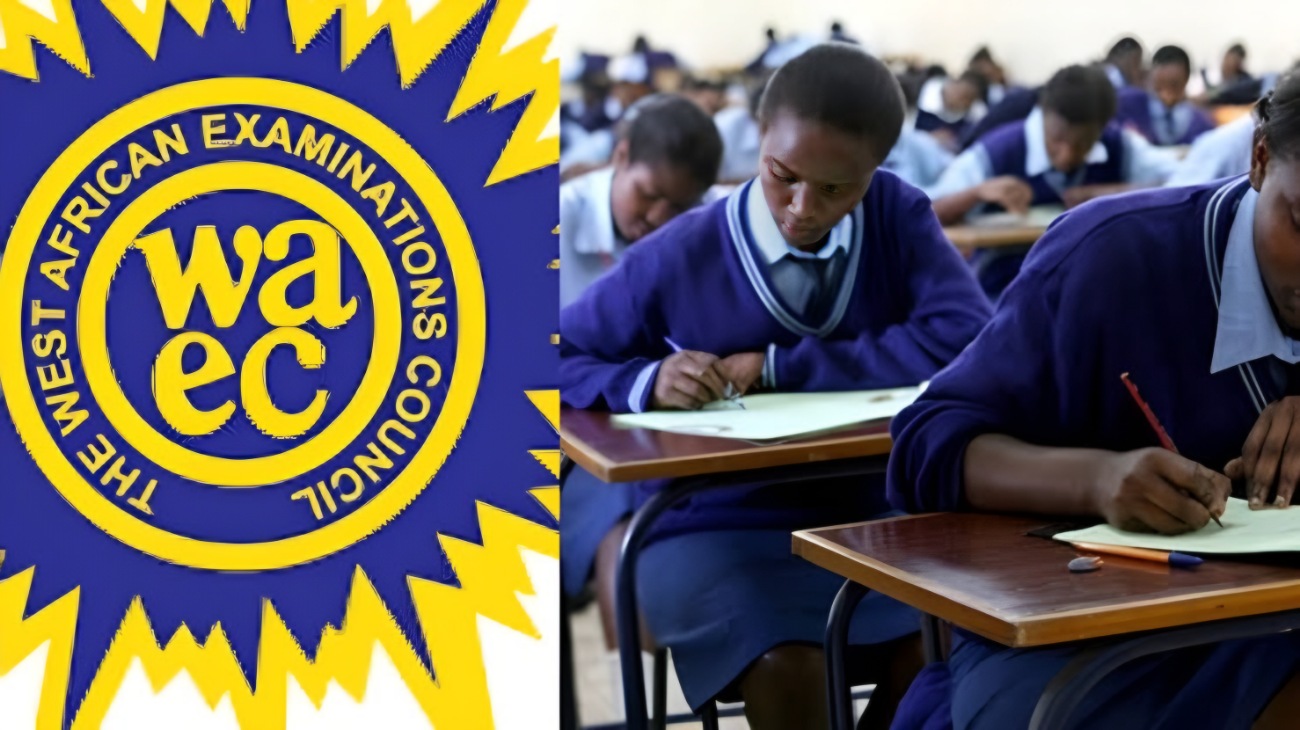
The West African Examination Council (WAEC) is set to conduct the 2023 Government examination for Senior Secondary School Certificate Examination (SSCE) students. This comprehensive guide covers the essential information, tips, and likely questions for the upcoming WAEC Government Exam. With a focus on objectives and essay questions, this article aims to provide a valuable resource for students preparing for this crucial examination.
Overview of the WAEC Government Exam
The WAEC Government Exam comprises two papers: Paper 1 (Objective) and Paper 2 (Essay). The examination is scheduled for Thursday, 8th June 2023, starting at 9:30 am. Both papers will be taken during the same session, with students expected to complete the Objective section before proceeding to the Essay section.
Paper 1: Objective
The Objective section of the Government exam consists of 50 multiple-choice questions. Students are required to answer all questions within the allotted time. Each question carries one mark, and the entire section is worth 50 marks.
Paper 2: Essay
The Essay section consists of 10 questions, divided into two parts. Students are required to answer any four questions, with each question carrying 15 marks, making the entire section worth 60 marks. The Essay section tests students’ knowledge of various topics in government and politics, with questions ranging from political socialization to the objectives of foreign policy.
Tips for Preparing for the WAEC Government Exam
- Study past questions and answers: One of the most effective ways to prepare for the WAEC Government Exam is to study past questions and answers. This will provide you with a clear understanding of the types of questions you might encounter and help you identify key topics to focus on during your revision.
- Develop a study schedule: Create a study schedule that allocates sufficient time to cover all the topics in the Government syllabus. Ensure you allocate time for revision, practice, and breaks to avoid burnout.
- Stay updated on current affairs: The WAEC Government Exam often includes questions related to current events and political developments in Nigeria and the international community. Regularly read newspapers, watch news programs, and follow reputable sources online to stay informed.
- Improve your essay writing skills: The Essay section of the Government exam assesses your ability to articulate your thoughts and knowledge effectively. Practice writing essays on various government-related topics to improve your writing skills and learn how to present your arguments logically and coherently.
- Join study groups and online forums: Collaborate with fellow students to share ideas, discuss complex topics, and test each other’s understanding. Online forums dedicated to WAEC exam preparation can also provide valuable insights and resources.
Waec Government Questions and Answers 2023: Objectives and Essay
The following sections present sample questions and answers for both the Objective and Essay sections of the WAEC Government Exam. These questions are based on past examinations and should serve as a useful revision guide for students.
Sample Objective Questions
- The three arms of government are the executive, legislature, and _______
A. Police B. Judiciary C. Civil service D. Military
Answer: B. Judiciary
- Which Nigerian leader played a prominent role in the formation of ECOWAS?
A. Yakubu Gowon B. Olusegun Obasanjo C. Shehu Shagari D. Muhammadu Buhari
Answer: A. Yakubu Gowon
- The political party with the widest spread of membership in Nigeria during the second republic was the _____
A. GNPP B. UPN C. NPP D. NPN
Answer: D. NPN
Sample Essay Questions
- (a) What is Political Socialization?
(b) Outline four factors that contribute to political socialization.
Answer:
(a) Political socialization is the process by which individuals acquire and transmit political knowledge, values, and beliefs from one generation to another. It involves learning about political systems, institutions, and processes, as well as developing attitudes and opinions about politics and political issues.
(b) Factors contributing to political socialization include:
i. Family: Parents and other family members play a significant role in shaping an individual’s political beliefs and values through their own attitudes, opinions, and behaviors.
ii. Education: Schools and educational institutions teach individuals about political systems, history, and processes, helping to shape their political knowledge and attitudes.
iii. Media: Newspapers, television, radio, and the internet expose individuals to political information, events, and viewpoints, influencing their political opinions and beliefs.
iv. Peer groups: Friends, classmates, and colleagues can influence an individual’s political beliefs and values through conversations, debates, and shared experiences.
- (a) Explain the concept of political participation.
(b) Highlight any four methods of political participation.
Answer:
(a) Political participation refers to the various ways in which citizens engage in the political process, either directly or indirectly, to influence political decisions, policies, and outcomes. It is an essential element of a democratic system, as it allows individuals to express their opinions, make their voices heard, and hold their leaders accountable.
(b) Methods of political participation include:
i. Voting: Casting a ballot in elections is one of the most direct ways for citizens to participate in the political process and choose their representatives in government.
ii. Campaigning: Supporting political candidates or parties by volunteering, donating, or advocating for their policies and ideas can influence the outcome of elections and shape political agendas.
iii. Lobbying: Engaging with elected officials or government agencies to advocate for specific policies or issues can help shape political decisions and outcomes.
iv. Participating in protests or demonstrations: Joining organized events to express dissent or support for specific issues or policies can bring attention to those issues and influence public opinion and political decisions.
Conclusion
Preparing for the WAEC Government Exam requires dedication, discipline, and effective study strategies. This guide has provided valuable information on the exam format, tips for preparation, and sample questions and answers for both the Objective and Essay sections. By studying diligently, staying informed on current affairs, and practicing essay writing, students can increase their chances of success in the 2023 WAEC Government Exam.




